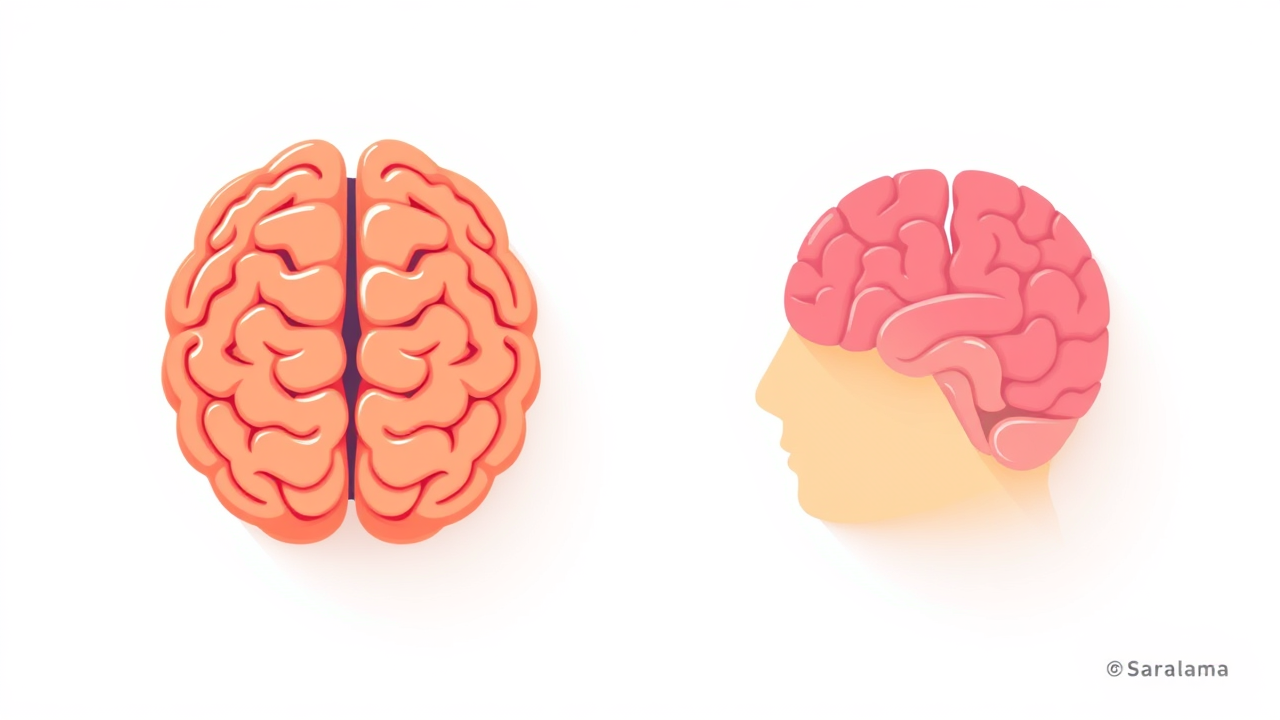Vipassana is an ancient meditation technique rooted in Buddhist tradition. Practitioners sit quietly, observe their breath, bodily sensations, thoughts, and emotions without reacting or judging. The practice aims to develop mindful awareness, clarity, and equanimity. Many internet users claim that Vipassana can rewire the brain, enhancing calmness, focus, and stress response. Research studies, including one from Harvard, have found structural differences in the brains of experienced meditators compared to non-meditators. Dr Bhaskar Shukla, Consultant Neurologist at PSRI Hospital, explains the science behind these changes. During meditation, brain activity shifts from stress centers to areas responsible for attention and awareness. The prefrontal cortex, linked to focus and decision-making, becomes more active, while the amygdala, the brain's emotional alarm center, shows reduced activity. Consistent practice can lead to noticeable structural and functional brain changes, demonstrating the brain's remarkable ability to adapt through neuroplasticity.

Brain Structure Changes and Ideal Practice Duration
Scientific studies confirm that regular Vipassana meditation can reduce the size and activity of the amygdala, which is associated with fear and anxiety. Simultaneously, neural connections strengthen in the prefrontal cortex and anterior cingulate cortex, regions responsible for attention, emotional regulation, and self-control. Brain scans of experienced practitioners show increased grey matter density in areas related to sensory awareness and emotional balance. Noticeable effects like improved focus can appear within a few weeks of daily practice, typically 20 to 30 minutes. Structural brain changes usually emerge after several months or years. For optimal brain health, meditating for 20 to 45 minutes daily is ideal. Consistency is more effective than occasional long sessions. Morning or early evening works best when the mind is naturally quieter.
Potential Risks and Guidance for Safe Meditation
While Vipassana is generally safe, intensive or prolonged meditation without proper guidance can sometimes trigger suppressed emotions or anxiety in sensitive individuals. Some people may experience temporary restlessness, emotional sensitivity, or mild dissociation. These reactions are not harmful but indicate deep mental processing. If practice is discontinued, some benefits may fade over time, though many individuals retain improved awareness and stress resilience due to long-term conditioning of neural pathways. Dr Shukla advises beginners to start under the guidance of trained instructors and progress gradually. Practicing in a calm setting with attention to breath and bodily sensations, while maintaining non-judgmental awareness, helps the brain build resilience and emotional clarity over time.
Source: Link
